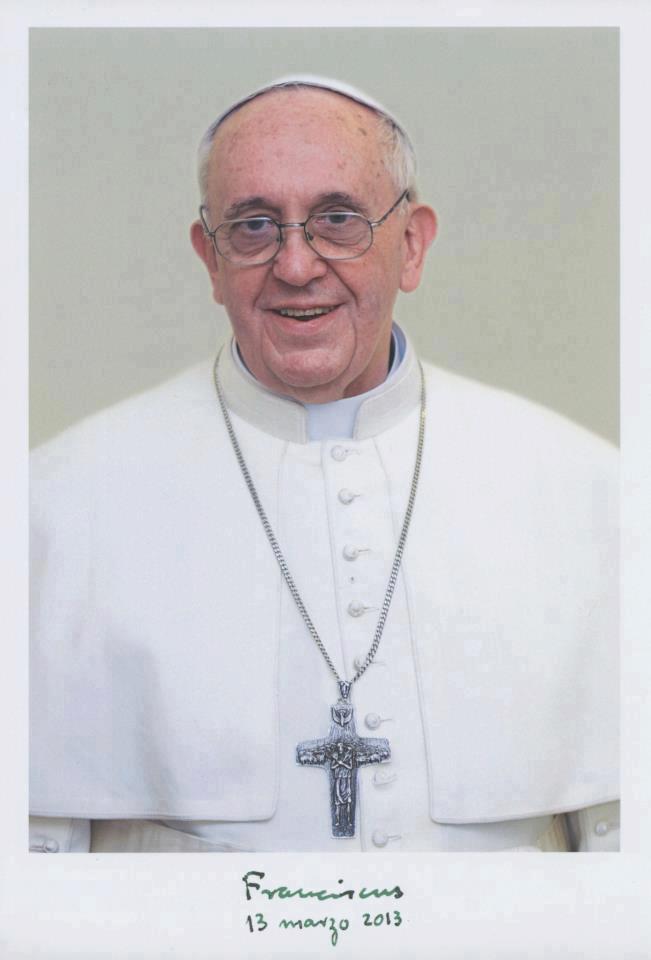Pope Francis has been at the center of a global conversation about the role of women in the Catholic Church. As discussions around gender equality and representation continue to evolve, the Vatican's stance on female participation in religious leadership roles remains a focal point for many Catholics and non-Catholics alike. The possibility of women being ordained as deacons is one such topic that has sparked significant debate within the Church.
The question of whether women could serve as deacons represents a potential historic shift in the Catholic Church's long-standing traditions. Pope Francis’s consideration of this issue reflects broader conversations happening across various faiths regarding inclusivity and diversity in religious hierarchies. While some see it as a step toward modernization, others argue for maintaining traditional interpretations of scripture and doctrine. This ongoing dialogue underscores the complexity of balancing tradition with contemporary values.
Exploring the Role of Women in the Diaconate
The first Study Commission on the Women's Diaconate was established in August 2016 by Pope Francis to delve into the theology and history surrounding the ministry of deacons. This commission aimed to examine historical precedents where women may have served in diaconal roles in early Christian communities. By revisiting these ancient practices, the commission sought to understand how they might inform current discussions about expanding the diaconate to include women.
Historically, there are records suggesting that women held positions akin to deacons in the early Church. These roles often involved ministerial duties such as assisting with baptisms or caring for the sick. However, over time, the formal recognition of women in these capacities diminished, leading to centuries of male-exclusive ordination. The study commission hoped to clarify whether these historical examples could provide a theological basis for reinstating women as deacons today.
Pope Francis expressed interest in understanding the full scope of this history, acknowledging the need for careful examination before making any definitive decisions. His approach emphasizes scholarly inquiry and consultation with experts from diverse fields, including theologians, historians, and canon lawyers, ensuring a comprehensive analysis of the issue.
A New Chapter in Ecclesiastical Dialogue
In 2016, Pope Francis announced the formation of a new commission tasked with studying the feasibility of women serving as deacons in the Catholic Church. This move marked a significant moment in ecclesiastical discourse, inviting renewed attention to the role of women within the Church hierarchy. The announcement came after years of advocacy from groups seeking greater inclusion for women in clerical roles.
The members of this commission were carefully selected to represent a wide array of perspectives, reflecting both conservative and progressive viewpoints within the Church. Their mandate included reviewing existing literature, conducting original research, and engaging in dialogue with stakeholders who have vested interests in the outcome of their findings. Through this collaborative effort, the commission aimed to produce recommendations grounded in rigorous scholarship and respectful engagement.
Despite initial optimism, challenges quickly emerged as differing interpretations of Church teachings surfaced among commission members. These disagreements highlighted the deep-rooted complexities inherent in altering centuries-old traditions. Nevertheless, the process itself represented an important acknowledgment by the Vatican of the importance of addressing questions related to gender equity within its structures.
Clarifying Boundaries: A Firm Stance Amidst Speculation
In May 2024, during an interview with CBS News, Pope Francis explicitly stated that women cannot be ordained as deacons. This clarification followed earlier statements reaffirming the reservation of holy orders exclusively for men. While some had hoped for more openness regarding the ordination of women, the pope's comments underscored his commitment to upholding established doctrines concerning clerical roles.
For many observers, this decision aligns with previous declarations made by Pope Francis regarding the impossibility of women becoming priests. By reiterating these boundaries, he emphasized the distinction between sacramental ministries reserved for men and other vital contributions women make within the Church. Critics argue that such rulings perpetuate systemic inequalities, while supporters maintain that they preserve essential aspects of Catholic identity rooted in biblical teachings.
As the debate continues, the Catholic Church finds itself navigating a delicate balance between honoring its rich heritage and responding to evolving societal expectations. Whether future developments will alter this trajectory remains uncertain, but the discussion itself highlights the dynamic nature of faith communities adapting to changing times.

